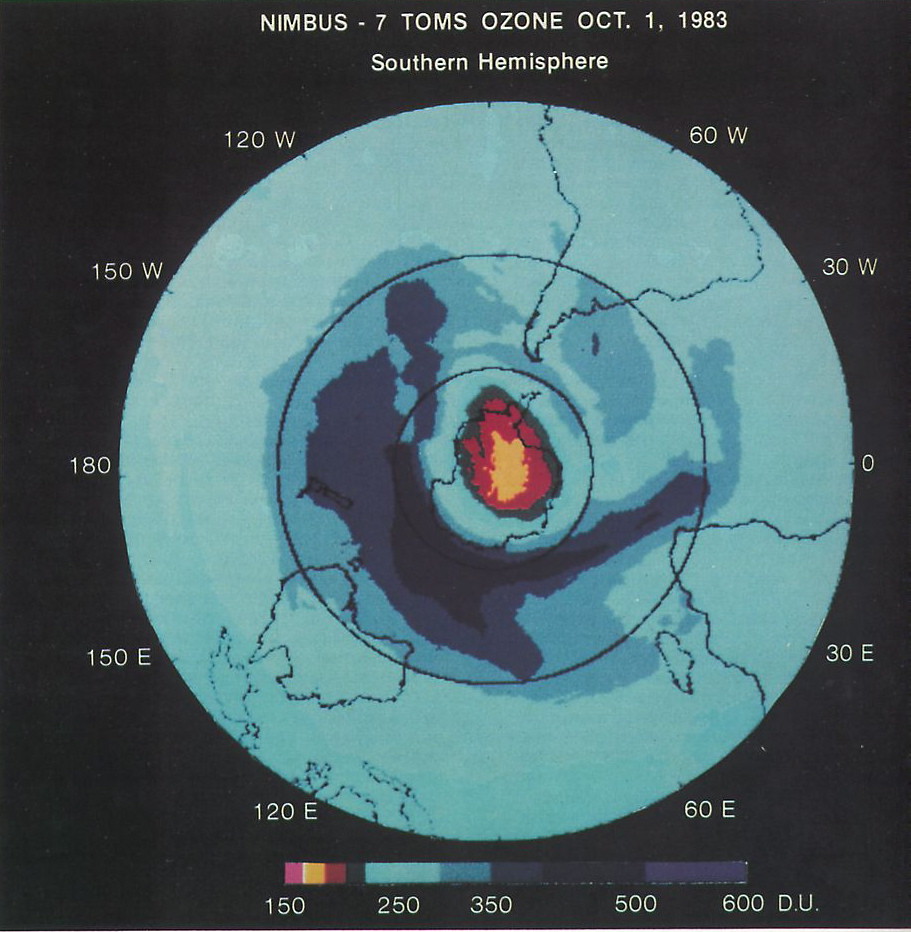
Title: The Climate Crisis: A Looming Catastrophe We Cannot Ignore
Introduction
The world is facing an unprecedented challenge: the climate crisis. While we have long been aware of its existence, the urgency of the situation has escalated to alarming levels. The signs of a warming planet are evident, and the consequences of inaction are already unfolding before our eyes. In this blog, we will explore the severity of the climate crisis, its causes, and the imperative actions we must take to mitigate its devastating effects.

The Rising Temperatures
One of the most alarming indicators of the climate crisis is the consistent rise in global temperatures. Each passing year brings a new record for the hottest year on record. Extreme weather events, such as hurricanes, droughts, and wildfires, have become more frequent and intense. The polar ice caps are melting at an alarming rate, leading to rising sea levels, endangering coastal communities, and threatening the habitats of various species.
The Intergovernmental Panel on Climate Change (IPCC) has warned that the Earth’s temperature must not rise more than 1.5 degrees Celsius above pre-industrial levels to avoid catastrophic consequences. However, current trajectories indicate that we are on track to surpass this critical threshold within the next few decades. This escalation in global temperatures is not merely a distant threat but a pressing reality that demands immediate action.
The Human Impact
It is crucial to acknowledge that the climate crisis has real and tangible impacts on human lives. Displaced populations due to rising sea levels and extreme weather events are becoming commonplace, leading to a refugee crisis of unprecedented proportions. Coastal communities are facing the threat of losing their homes, and entire islands are at risk of being submerged. Millions of people are at heightened risk of experiencing water scarcity and food insecurity due to changing weather patterns.
Furthermore, climate change is not just an environmental issue; it exacerbates existing social and economic inequalities. The most vulnerable communities, often in developing countries, bear the brunt of these consequences, despite contributing the least to the crisis. Marginalized groups, including women and indigenous communities, suffer disproportionately from climate change’s adverse effects.

The Role of Human Activities
The overwhelming scientific consensus attributes the climate crisis to human activities, primarily the burning of fossil fuels and deforestation. Carbon dioxide (CO2) and other greenhouse gases released into the atmosphere trap heat, leading to the greenhouse effect and subsequent global warming. Our dependence on fossil fuels for energy and industrial processes has resulted in a dangerous buildup of these gases in the atmosphere.
Moreover, deforestation, driven by agriculture, logging, and urbanization, has removed vital carbon sinks, exacerbating the problem. As a result, the delicate balance of the Earth’s climate system is disturbed, setting off a cascade of environmental repercussions.
The Need for Immediate Action
Addressing the climate crisis requires immediate and comprehensive action on a global scale. Delaying or ignoring this issue will lead to irreversible damage to our planet and future generations. Here are some crucial steps that must be taken:
- Transition to Renewable Energy: Governments and industries must prioritize investing in and transitioning to renewable energy sources like solar, wind, hydro, and geothermal power. This transition will not only reduce greenhouse gas emissions but also create new job opportunities and foster sustainable economic growth.
- Reforestation and Conservation: Efforts to protect existing forests and restore degraded ecosystems are vital to offset carbon emissions and preserve biodiversity. Forests act as crucial carbon sinks, absorbing CO2 and helping to stabilize the climate.
- Sustainable Agriculture: Promoting sustainable agricultural practices, such as regenerative farming and reducing food waste, can mitigate the impact of agriculture on climate change. Sustainable farming methods can improve soil health, water retention, and carbon sequestration.
- Policy and International Cooperation: Governments must enact and enforce policies that encourage climate-friendly practices while collaborating internationally to set ambitious targets and agreements. Strong regulations and incentives are needed to encourage industries to adopt sustainable practices and reduce their carbon footprint.
- Individual Responsibility: Each individual has a role to play by making conscious choices to reduce their carbon footprint. Simple actions like conserving energy, reducing meat consumption, and supporting eco-friendly products and services can have a significant cumulative impact.
Conclusion
The climate crisis is an imminent threat that demands urgent action from all corners of society. Governments, industries, communities, and individuals must come together to address this global challenge. While the situation may seem dire, it is not too late to make a difference.
By taking immediate and decisive action to reduce emissions, protect our environment, and foster sustainability, we can strive to secure a better and more sustainable future for generations to come. The time for action is now – let us not wait for another wake-up call to take the necessary steps to safeguard our planet. The choices we make today will determine the world we leave for our children and grandchildren. Let us act responsibly and boldly to combat the climate crisis, for the sake of our planet and all its inhabitants.
